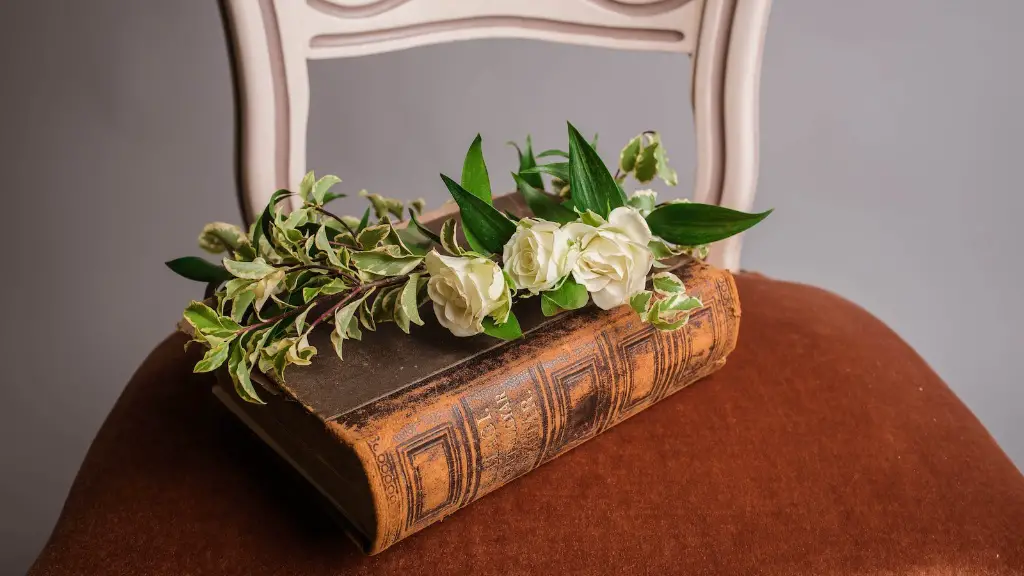Definition of Monologue in Poetry
A monologue in poetry is the spoken word of a character, or persona, in a poetic form. A poet is able to tell an entire story through a single voice, giving them control over the narrative and allowing for a vivid experience for the reader. It can be used to explore a range of emotions, making it a powerful tool for expressing feelings and ideas.
Types of Monologue in Poetry
Monologues in poetry come in a variety of forms, from lyrical, to narrative, to dramatic. Lyric monologues are characterized by the use of concise language, often spoken to an unidentified listener or audience. Narrative monologues tell a story, while dramatic monologues are longer and contain dialogue between characters. These different forms allow poets to explore different aspects of their subject matter.
The Purpose of Monologue in Poetry
Monologues in poetry allow the poet to create a one-way conversation with the reader, helping to draw them into an intimate and captivating experience. Monologues also serve a further purpose in allowing the poet to explore difficult and complex emotions, allowing them to delve into the heart and soul of their subject matter in a way that would otherwise be impossible through traditional poetry.
Techniques Used in Monologue in Poetry
When creating a monologue in poetry, poets must employ a range of techniques to ensure the words on the page are engaging and meaningful. This can include the use of rhythm and rhyme, repetition, and metaphor. Each of these techniques can be used to capture the reader’s attention, demonstrate the mood of the poem, and add depth to the text.
The Benefits of Monologue in Poetry
The use of monologue in poetry can be used to express difficult and complex emotions more accurately than with traditional poetry forms. This is due to the ability of the poet to tell a story through the medium of spoken language. Monologues can also be used to educate and engage the reader, introducing them to new ideas and themes they may not otherwise consider.
Examples of Monologue in Poetry
Some of the best examples of monologue in poetry are those of Alfred Lord Tennyson and William Wordsworth. Tennyson’s “Ulysses” exemplifies lyric monologue in its exploration of a journey and its musings on life and death. Wordsworth’s “The Ruined Cottage” is a prime example of a dramatic monologue, highlighting the hardships of rural life during the industrial revolution.
Analysis of Monologue in Poetry
Monologue in poetry provides a unique tool for poets to explore their emotions and ideas in a unique and captivating way. Through its use, readers can gain insight into the poet’s thoughts, allowing them to discover and carry with them the poet’s voice.
Expression Through Monologue in Poetry
Through monologue in poetry, a poet can express aspects of their personality and feelings to the reader, most poignantly in the use of lyric monologue. Through this lyrical form of spoken word, poets are afforded the opportunity to connect with the reader on a personal and profound level.
The Power of Monologue in Poetry
Monologue in poetry provides an outlet for the poet to communicate their message to the reader on an intimate and engaging level. By using a range of techniques, poets can craft their stories in a powerful and emotive way, allowing the reader to truly connect with the piece.
Motivations Behind Monologue in Poetry
The desire of a poet to use monologue in poetry is often born out of a need to explore difficult and complex emotions, as well as a desire to educate and engage the reader. Monologue also allows a poet to examine the past, to provide insight into the self, and to create a narrative that captures the attention of the reader.
Influences on Monologue in Poetry
Monologue in poetry is a style of spoken word that has been used for centuries, and has been heavily influenced by a variety of sources, including classical literature, religious writings, and personal reflection. These sources have provided a range of perspectives on the topics of monologue, leading to a diverse and vibrant history of the genre.


